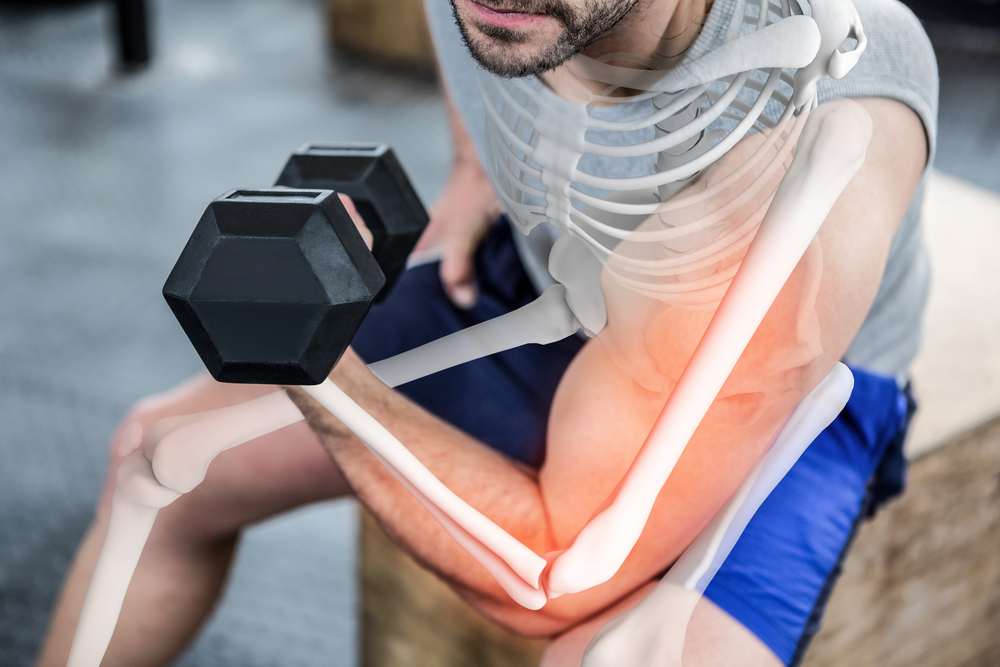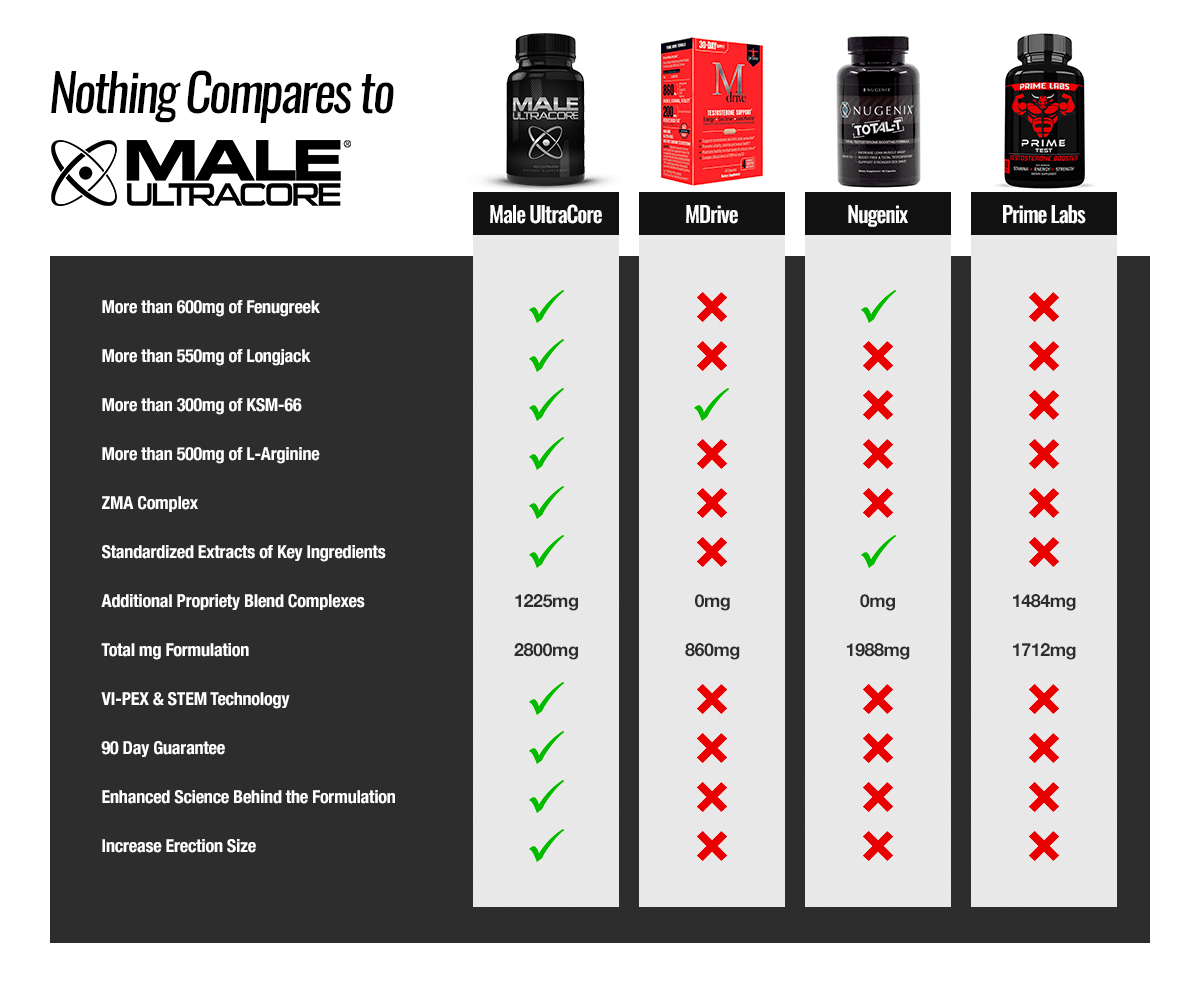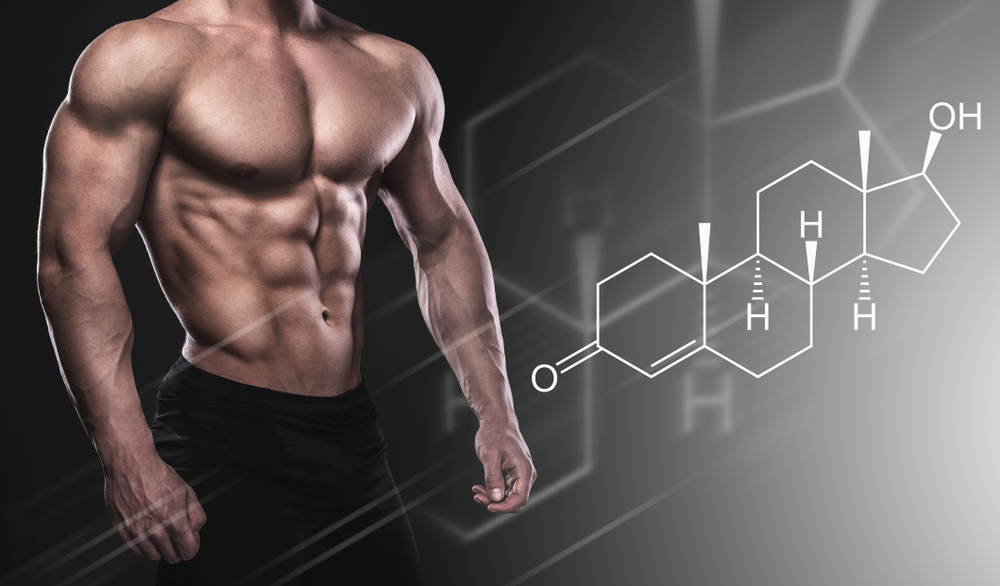Testosterone is a crucial male sex hormone that controls fat distribution, fertility, muscle mass, and red blood cell production. When there is a drop in the testosterone level, the person will most likely suffer from various health conditions such as infertility and hypogonadism.
Testosterone is the key hormone that helps develop male sexual characteristics. While females also produce testosterone, the level of testosterone is normally higher in males. Do you know that as early as seven weeks after a child is conceived, a male starts to produce testosterone?
Let us understand what testosterone control in our body:
Endocrine System
The glands found in our endocrine system are responsible for manufacturing hormones. Our hypothalamus informs our pituitary glands of the amount of testosterone needed by our body. The pituitary glands then send the information to the testicles, which are responsible for producing most of the testosterone our body needs. But, the adrenal glands of both men and women can also produce testosterone, but only in a small amount. On the other hand, the ovaries are responsible for producing testosterone in women.
As mentioned earlier, testosterone is already produced by a child to allow the formation of the male genitals. As he reaches puberty, testosterone helps him develop various male characteristics such as body hair, beard, and a deeper voice. During adolescence, the testosterone level is usually high, thereby promoting sex drive and muscle mass. But after the age of 30, the testosterone level usually drops by around one percent every year.
Reproductive system
As already mentioned, a child in the womb already begins to produce testosterone for the formation of the male genitals. During puberty, the penis and the testicles grow, and this is the time when there is a surge of the production of testosterone. The testicles also supply sperm every day, which is needed for male fertility.
Sexuality
Due to the surge of testosterone production during puberty, the penis, testicles, and pubic hair tend to grow rapidly. Aside from that, the muscles grow, and the voice deepens. This also promotes sexual interest.
A low level of testosterone can actually lead to a lower sex desire. This can also result in a lot of sexual disorders such as erectile dysfunction. According to a study, a low sexual desire may be due to physiological and psychological factors such as aging and medical problems. But it is worth noting that aging is one of the major causes of the drop in testosterone level.
Central Nervous System
Testosterone is actually responsible for various behaviors, including dominance and aggression. It aids us in boosting our self-esteem as well as in promoting our competitiveness. Just like how sexual activity can affect our testosterone levels, engaging in competitive activities can also lead to the rise or fall of our testosterone levels.
Low testosterone will make us lower our motivation and self-confidence. It can also affect our focus as well as our emotions. It also results in sleeping disorders as well as affects our energy. According to Psychology Today, testosterone strongly influences sexual aggression, competitiveness, patterns of marriages, and many more. But it is worth noting that aside from testosterone levels, other environmental and biological factors are also involved.
Hair and Skin
As we age, the hair in our entire body grows from the face down to the genitals. But, as the level of testosterone decreases, our hair loss, that is why some people tend to get testosterone replacement therapy. A study shows that this treatment may result in adverse side effects such as breast enlargement and acne. Testosterone patches can even result in skin irritations. Some use topical gels, but these are crucial as testosterone may be transferred to some else using skin-to-skin contact.
Bones, fats, and muscles

Testosterone is responsible for the growth of our bones, fats, and muscles. It aids in increasing our bone density, which allows our bone marrow to produce appropriate red blood cells. Low testosterone levels can make us be exposed to bone fractures.
It also plays an important role in fat metabolism. Men who have high levels of testosterone can burn fats effectively compared to men with dropping levels of testosterone. It can result in weight gain.
The strength and bulk of our muscles are also greatly influenced by testosterone. It increases neurotransmitters that are responsible for tissue growth. Since testosterone also helps increase the production of hormones, our muscles tend to grow, especially when we exercise.
Circulatory system
Testosterone travels around our body through the bloodstream. Usually, a blood test is required in order for you to know your testosterone level. As we already discussed, testosterone increases our bone density, which makes our bone marrows produce red blood cells.
There are studies suggesting that testosterone is good for the heart. But some studies have conflicting results that manifest the effect of testosterone in terms of blood pressure, cholesterol, and clot-busting ability.
People with low testosterone usually undergo testosterone therapy. But it comes with various risks, so it’s always good to seek help from your doctor.
Conclusion
Indeed, testosterone is a very crucial male hormone responsible for the maintenance and development of various male attributes. Its importance starts from head to toe. And almost everything in men from bone density and muscle mass to sexuality and reproductive system is affected by testosterone. Perhaps, these are just a few reasons why you have to check your testosterone levels regularly.
Increase Your Testosterone Levels with Testosterone Boosters
Male UltraCore is a premium testosterone boosting supplement that is designed to maximize test levels, increase your performance and drive, and give you harder and fuller erections. 





